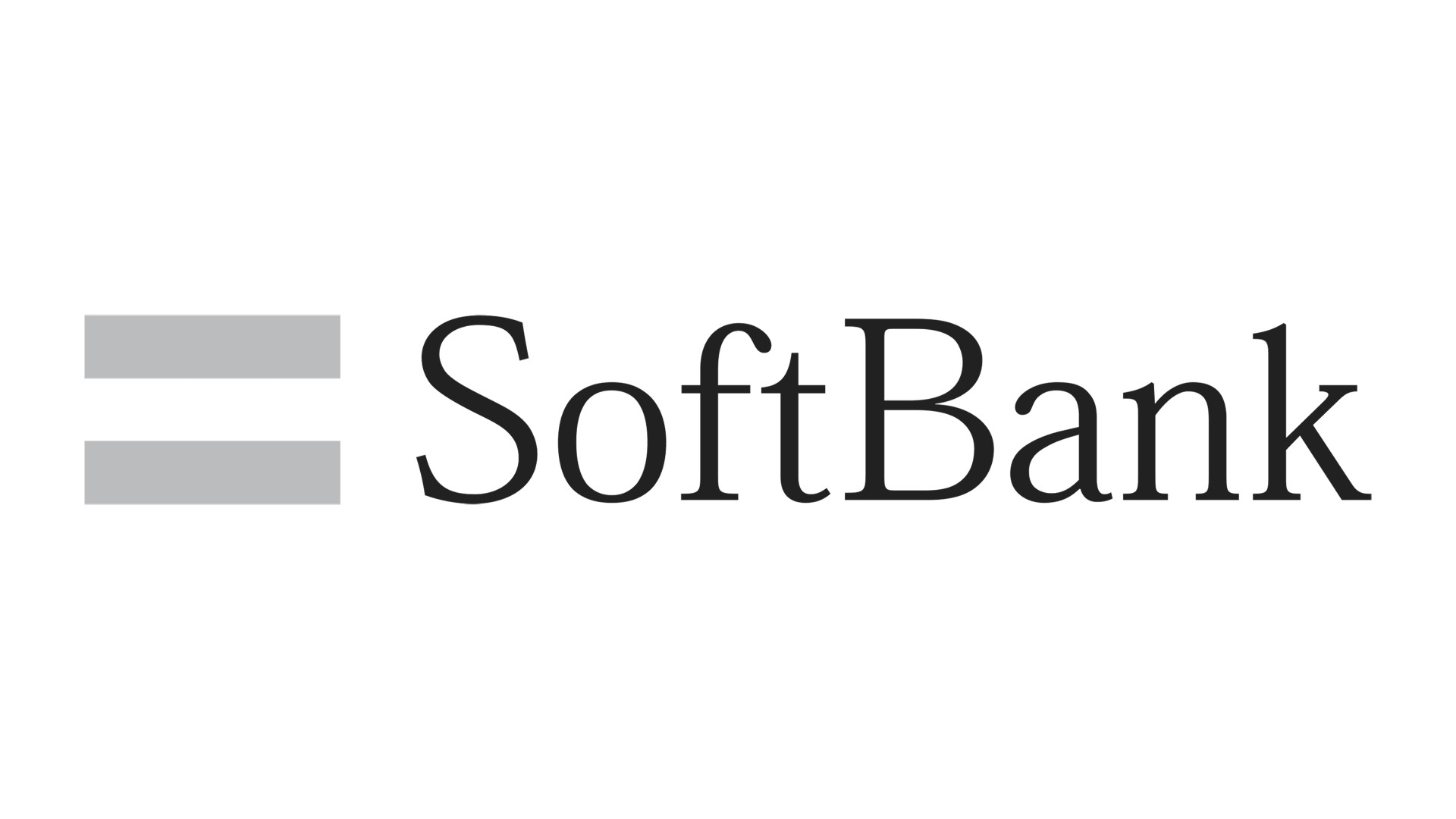SoftBank Group founder Masayoshi Son is reportedly developing plans for a $1 trillion industrial complex in Arizona focused on robotics and artificial intelligence production.
According to Bloomberg News, the project, codenamed Project Crystal Land, aims to create a US equivalent of China's Shenzhen manufacturing hub.
Sources indicate Son is pursuing a partnership with Taiwan Semiconductor Manufacturing Co (TSMC) for the initiative. SoftBank representatives have reportedly held discussions with US officials including commerce secretary Howard Lutnick regarding potential tax incentives for participating companies.
The Bloomberg report notes that SoftBank has not clarified TSMC's potential role in the project. The semiconductor manufacturer is already constructing US chip factories with $165 billion planned investment. Son is also reportedly considering involvement from other technology firms such as Samsung Electronics.
Project feasibility remains dependent on support from the Trump administration and government officials, with plans currently in preliminary stages. This development follows SoftBank's recent surge in technology investments.
In April, the company revealed plans to invest up to $40 billion in OpenAI, significantly expanding their existing partnership. The previous month saw SoftBank acquire US chip designer Ampere Computing in a $6.5 billion all cash deal as part of its AI infrastructure expansion.
The February announcement of a collaboration between OpenAI and SoftBank to develop Cristal intelligence marked another milestone. This enterprise AI solution is designed to securely integrate business systems and data with customisation for individual company requirements. The partnership was detailed in a joint statement earlier this year.
Latest News
-
MedTech data should represent entire population when training AI, says Department of Health director
-
ICO launches investigation into X’s Grok after reports of harmful sexualised imagery
-
OpenAI seeks chip alternatives as Nvidia's $100bn investment stalls over performance concerns
-
SpaceX acquires xAI in $1.25tn merger ahead of planned stock market flotation
-
Starling Bank turns to software sales to fuel US expansion
-
Snapchat bans 415,000 under-16 accounts in Australia
The future-ready CFO: Driving strategic growth and innovation
This National Technology News webinar sponsored by Sage will explore how CFOs can leverage their unique blend of financial acumen, technological savvy, and strategic mindset to foster cross-functional collaboration and shape overall company direction. Attendees will gain insights into breaking down operational silos, aligning goals across departments like IT, operations, HR, and marketing, and utilising technology to enable real-time data sharing and visibility.
The corporate roadmap to payment excellence: Keeping pace with emerging trends to maximise growth opportunities
In today's rapidly evolving finance and accounting landscape, one of the biggest challenges organisations face is attracting and retaining top talent. As automation and AI revolutionise the profession, finance teams require new skillsets centred on analysis, collaboration, and strategic thinking to drive sustainable competitive advantage.
© 2019 Perspective Publishing Privacy & Cookies










Recent Stories